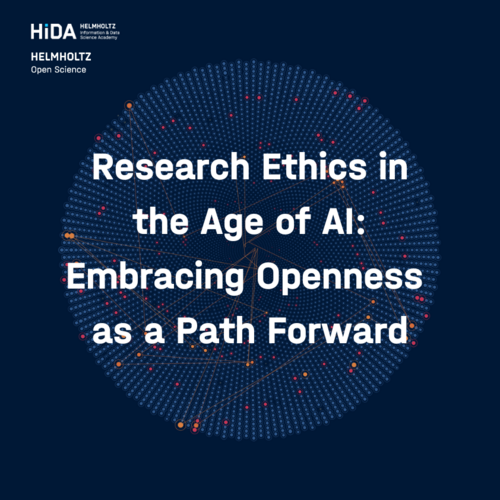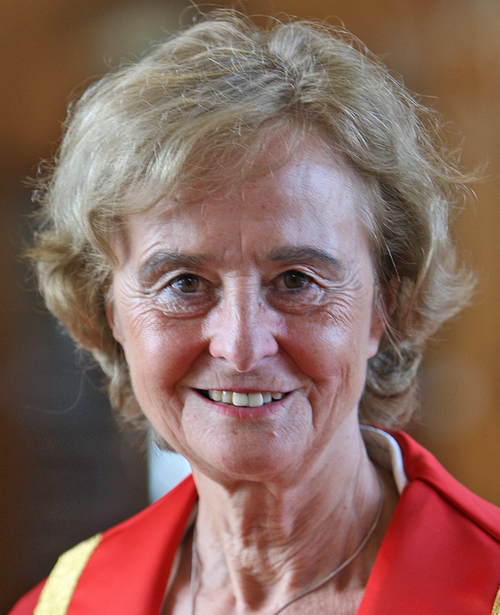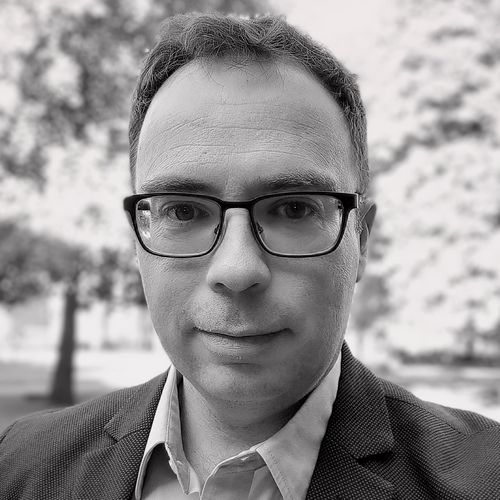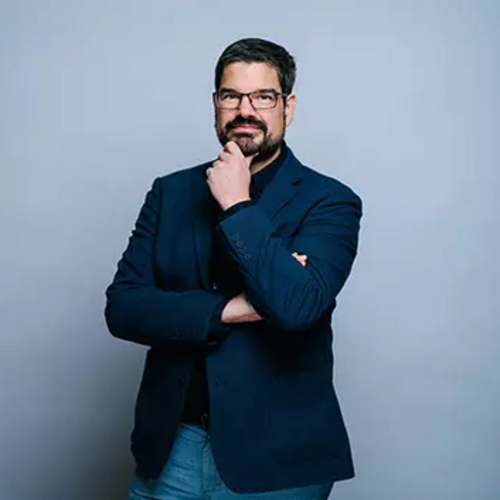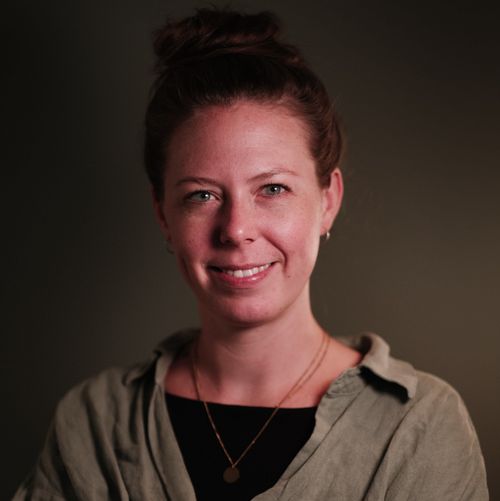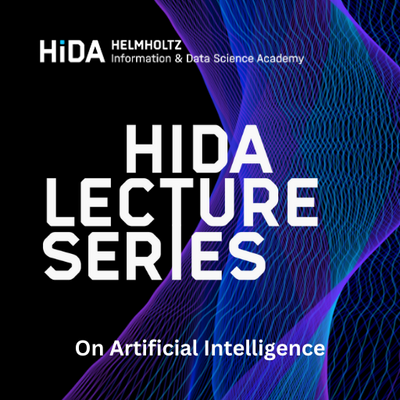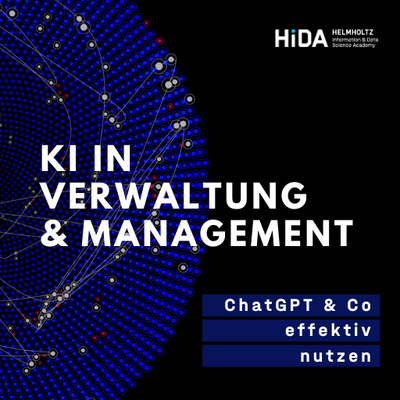As artificial intelligence continues to shape diverse research domains, it introduces a range of new ethical challenges that researchers must confront. Research ethics in the AI era has become a crucial topic, with transparency and openness serving as key components of the solution.
This workshop seeks to gather valuable insights, input, and experiences from AI practitioners across Helmholtz, encompassing both researchers’ viewpoints and organizational perspectives. Our goal is to map the current state of responsible generative AI use in research at Helmholtz, highlighting best practices, expertise, challenges, and obstacles to pinpoint areas that need further efforts and community exchange.
You can find the detailed timetable here.
After the event, a comprehensive summary of the key findings will be compiled and presented at the upcoming Helmholtz Incubator Workshop in November 2024, offering an opportunity for further exploration.
This workshop is jointly organized by the Helmholtz Open Science Office and HIDA.
Target Group
This workshop wants to bring together the AI expert community within Helmholtz and the Helmholtz Information & Data Science platforms. We targets researchers of all career stages, but also users and decision makers with regard to generative AI from the Helmholtz centers.
This workshop is open for participants with Helmholtz affiliations only!
Speakers
Prof. Dr. Dr.h.c. Karin Lochte
Karin Lochte studied at University Hannover and University Bangor, UK (Marine Biology, MSc, PhD). As a marine microbiologist she investigated carbon and nitrogen cycles in various regions of the ocean, in the deep sea and polar regions. The role of ocean biology in climate regulation was a main objective. She worked at GEOMAR Kiel, at the Leibniz Institute for Baltic Sea Research Rostock and was for 10 years director of the Alfred Wegener Institute, Helmholtz Centre for Polar and Marine Research.
She held professorships at the universities Rostock, Kiel and Bremen. She was member or chair of many national and international committees, served on the science council of Germany and is now in her retirement member of university advisory bodies and central ombudsperson of the Helmholtz Association.
Dr. Katrin Frisch
Katrin Frisch has been working as a researcher at the German Research Ombudsman since May 2020, specifically at the project "Discussion Hubs to Foster Research Integrity", with a focus on research data and, since 2023, also artificial intelligence. The aim of the project is to create practice-oriented recommendations supplementary to the DFG Code of Conduct "Guidelines for Safeguarding Good Research Practice" for ombudspersons and researchers. The project further aims at producing novel research on research integrity. The team has, among other things, published a monograph on fairness in science in October 2022. From March 2023 to March 2024, she also worked in the advisory office at the German Research Ombudsman.
Interesting publication for this workshop context:
Textgenerierende KI und gute wissenschaftliche Praxis“ (Katrin Frisch, Felix Hagenström und Nele Reeg; ZfBB, Jahrgang 70, Heft 6/2023). DOI: 10.3196/186429502370667
David Arranz
David Arranz is a physicist by training with a diverse professional background both in the private and public sector. He started his career in software development before joining the European Commission where he has worked for more than 15 years.
In the European Commission he has been working in different roles and policy areas.
For the last 2 years he has been working as policy officer in the ‘AI in science’ unit at DG RTD (Research and Innovation). The goal of this unit is to explore and anticipate how AI could change science, research and innovation, making them smarter and more productive. And facilitate the adoption of the technology by all kind of scientists in the EU.
Interesting publication for this workshop context:
Trends in the use of AI in science
AI in Science: Harnessing the power of AI to accelerate discovery and foster innovation
Dr. Michael Schmuker
Michael Schmuker joined the Helmholtz Head Office in November 2023 to lead the Information and Data Science team. Previously he was Professor of Neural Computation at the University of Hertfordshire in the UK, where he still retains a role as visiting professor. He led data science efforts in in several national and international collaborative research projects funded by DFG, BMBF, EC/EU, MRC (UK).
Theresa Willem
Theresa Willem is an AI Ethics Consultant at Helmholtz AI and manages the Munich Embedded Ethics and Social Science Lab at TUM. Currently finishing up her PhD in medical AI ethics at TUM’s School of Social Sciences and Technology, her research spans ethical and social aspects of AI and digital health. Theresa Willemcontributed to projects like TherVacB, exploring the ethics of patient recruitment via AI-powered social media platforms, and DR-AI, focusing on the ethics of AI applications for radiology and dermatology.

